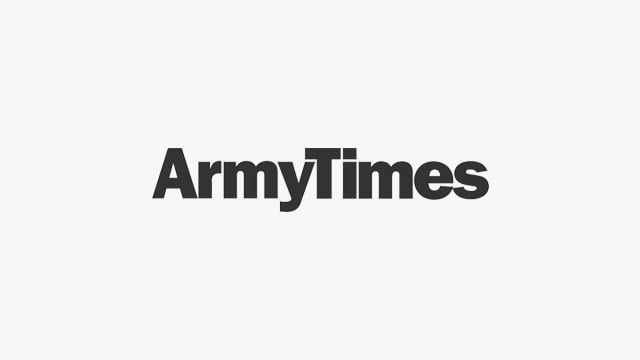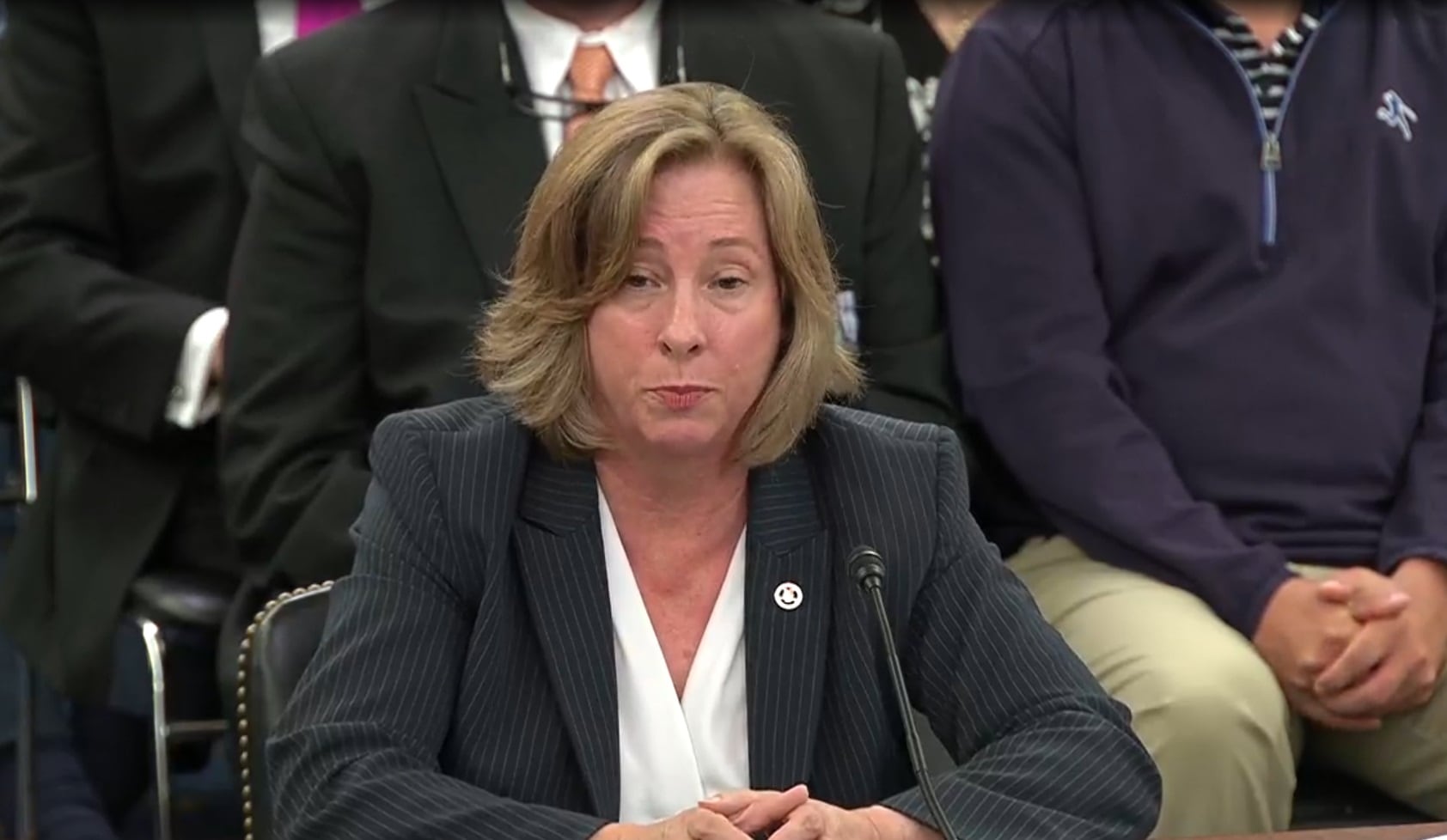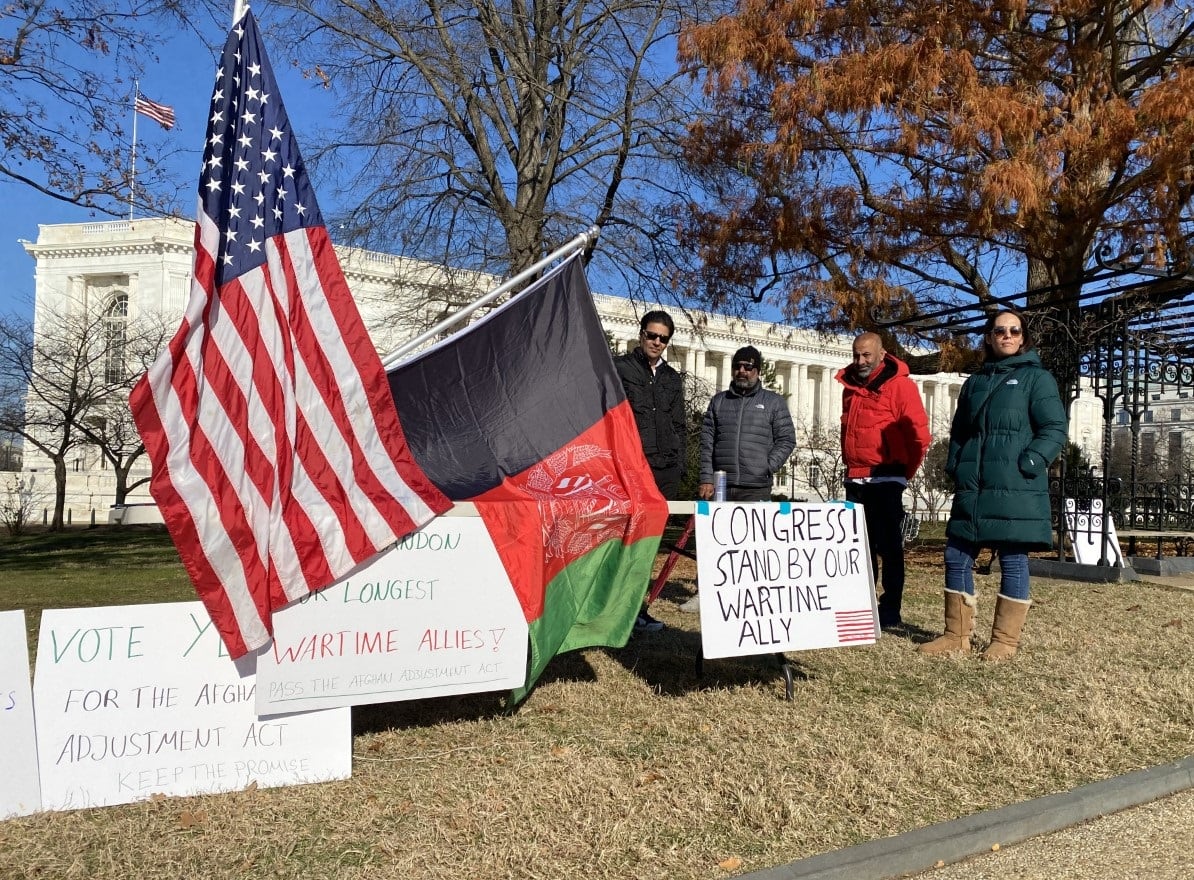Federal contractor Supreme Foodservice, which provided food and water to troops in Afghanistan, pleaded guilty to fraud Monday and agreed to pay a total of $434 million to the government in restitution, criminal fines and civil fines.
And the Department of Defense maintains it owes even more.
The Swiss-held company with operations based in Dubai (KJ: Please ask if you have any questions, but this is as simple as the company's geography can be accurately put.) plead guilty to charges of major fraud, conspiracy to commit major fraud and wire fraud. Since oOwners Michael Orenstein (75 percent owner) and Michael Gans (25 percent) were not named in the criminal case. They work and live in the non-extradition United Arab Emirates, and the two Europeans are "beyond the reach of the United States," according to assistant U.S. Attorney Bea Witzleben. They were not named in the criminal case.
"These companies chose to commit their fraud in connection with a contract to supply food and water to our nation's fighting men and women serving in Afghanistan," said U.S. Attorney Zane David Memeger for the Eastern District of Pennsylvania in a release. "That kind of conduct is repugnant, and we will use every available resource to punish such illegal war profiteering."
According to the plea agreement, Supreme admitted defrauding the Defense Logistics Agency out of roughly $48 million by fictitiously jacking up supplier costs and concealing their efforts. In addition to the $48 million to refund the fraud, the company agreed to pay $202 million in criminal fines and criminal forfeiture and another $38 million for separately overcharging on bottled water.
The company also agreed to pay a $101 million settlement of a whistleblower lawsuit. Subsidiaries sharing common ownership and the Supreme brand also settled allegations of over-billing for fuel purchased for Kandahar Air Field in Afghanistan and false billings involving U.S. Transportation Command for $45 million, according to a Department of Justice press release.
"We accept full responsibility for and deeply regret our past actions. We have implemented new compliance mechanisms and strengthened our internal processes," the company said in a statement. "We now have some of the most rigorous controls in the industry. We recognize that to re-earn trust, we must always act with integrity."
The company noted that it fulfilled all service requirements in the $8.8 billion contract with the Defense Logistics Agency (DLA), and that the current terms of the plea do not bar it from future federal contracts.
The DLA has also has made claims of further even more dramatic overcharging. In 2011 the DLA said that the company had overcharged $757 million over the course of the contract since 2005. DLA has offset this alleged overcharge by withholding parts of payments in later stages in the contract, so far to the tune of $518 million. Supreme declined through a spokesman to comment on that claim. It has appealed the claim, which remains in litigation before the Armed Services Board of Contract Appeals.
Fraud scheme
In the four-year fraud scheme from 2005-2009, Supreme (then called Supreme Foodservice AG) created a shell so it could double-dip profits from taxpayer money, according to the plea agreement. It quietly set up an intermediary company called Jamal Ahli Foods Co., LLC (JAFCO), but led the DLA to believe it was a separate, contracted middleman that needed to turn a profit to operate. The company effectively pulled a margin for passing the product to itself.
The plea stated that Supreme's owners personally contributed to the effort to conceal their ownership of JAFCO. For example, the complaint describes an organizational chart for Supreme AG that stated that no one from JAFCO can be noted in any Supreme chart "for various reason(s)."
One email from the then-"Director of Purchasing" said prices proposed to the government included 57-60 percent profit margins over the price from the supplier, the complaint said. In response, the then-"Director – Commercial Division and Supply Chain" copied an owner and said prices shouldn't be raised further because "we would like to stay credible with the customer" and said the company would not want to invite a "challenge" from the government.
The government also alleged that in September 2007 the company began negotiating with a fired employee not to go public over the fraud. He allegedly received $523,000.
The scheme was allegedly uncovered when a former employee alerted the government that Supreme AG actually owned J Company and was overcharging the military in 2009. That person's name remains under seal.
In addition, former executive and German national Michael Epp contacted the Department of Justice and provided substantial evidence after he filed a civil suit under the False Claims Act. In his complaint he claimed that he brought the overcharges to the attention of Orenstein, who subsequently fired him in 2007.
The government rolled the civil case into the criminal settlement, and according to a Department of Justice release, Epp received $16.1 million out of the $101 million civil settlement, under the law's provision to entice whistleblowers to come forward with a share of the eventual settlement.
When the government complained to the company, the over-billing apparently stopped.
Fighting for the contract
In 2013, Supreme sued the U.S. government for awarding the Afghanistan contract to a competitor for $10 billion in late 2012.
That competitor, Anham FZCO, had offered the government a better price than Supreme. But Supreme said the company, also based in Dubai, should have been disqualified, allegedly for misrepresentation in its bid. The Government Accountability Office had denied the protest and the courts dismissed the complaint.
Months after filing the initial lawsuit, Supreme was called before Congress in April 2013, where it was battered with questions in a subcommittee hearing looking into the billing dispute between the government and Supreme.
Supreme was awarded the Subsistence Prime Vendor contract by the DoD in 2005. It received a no-bid two-year extension in 2010. Defense Logistics Agency justified the non-competitive nature of the award by saying it would be impossible for a competitor to meet the military's needs in time, using the extension to bridge to the later competitive bid eventually won by Anham.




